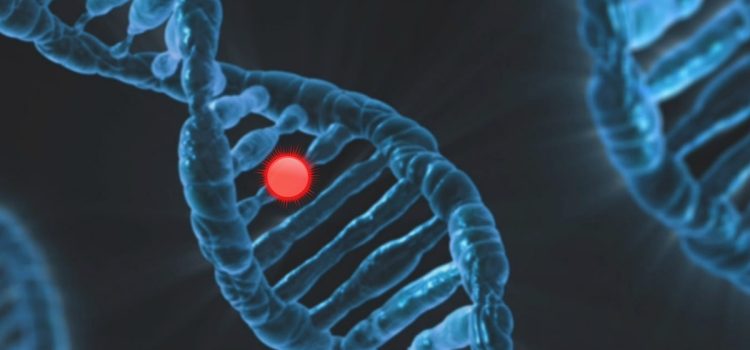What happens in your body when you experience trauma? Why do humans get stuck in trauma while animals naturally recover? In Waking the Tiger, trauma expert Peter Levine explores how trauma works in both humans and animals. He reveals the biological mechanisms behind trauma and explains why our natural healing process often gets disrupted. Keep reading to discover what trauma is and learn why your body’s stress response might be keeping you stuck in a cycle of anxiety and fear.
How Trauma Works: Peter Levine Explains the Disorder










